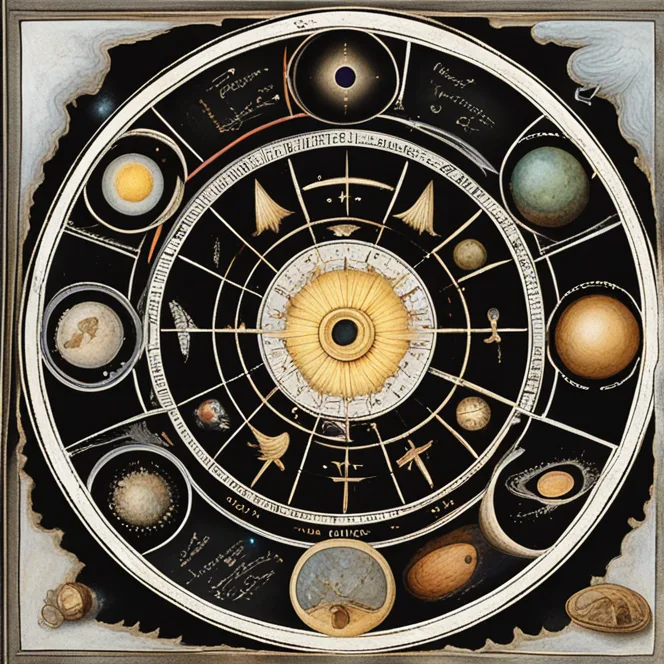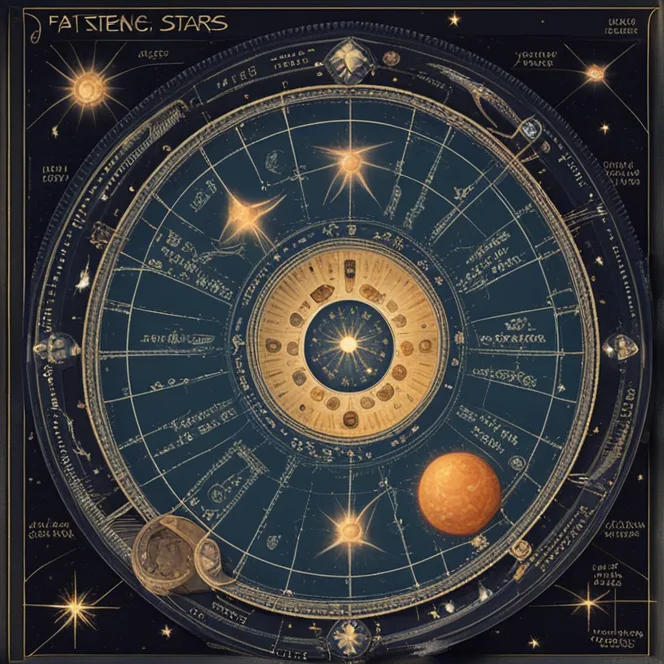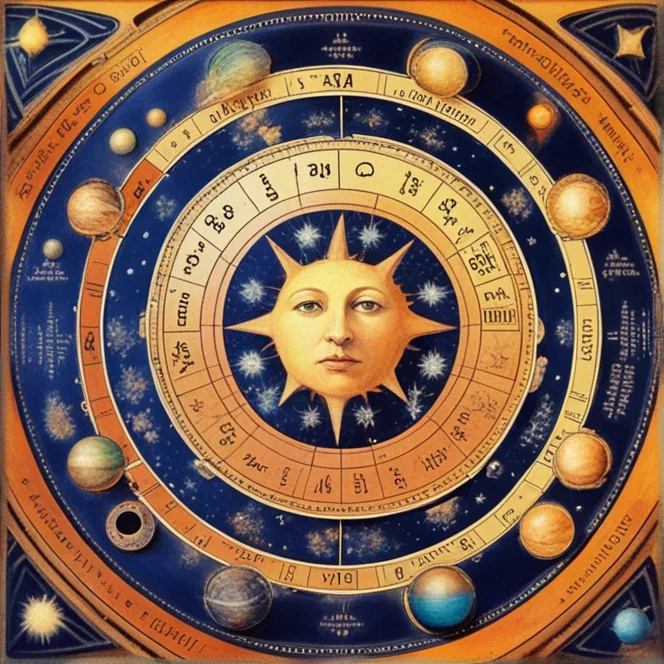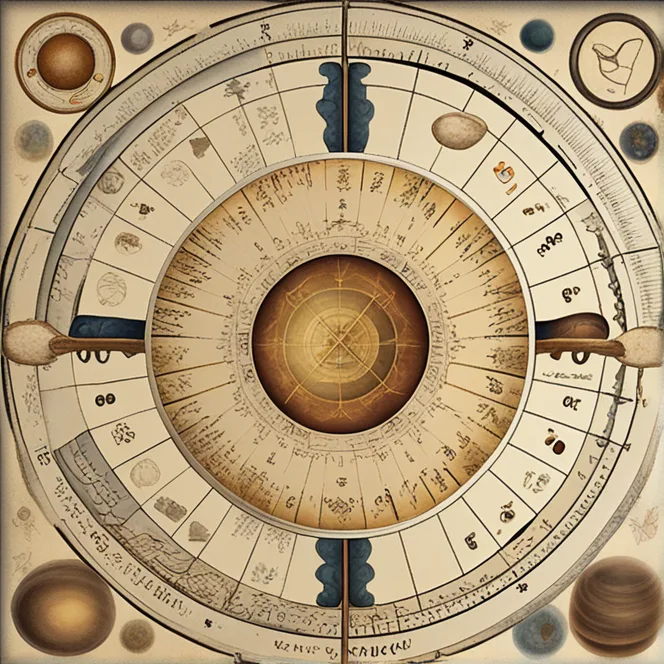
The Reality Of Astrology
Exploring the legitimacy of astrology through a tapestry of celestial influence and personal resonance.
article by Priya Deshmukh
Ancient Practice, Modern Interest
In times ancient and modern, celestial bodies have been observed for their potential influence on our earthly lives. Astrology, the study of these celestial configurations in relation to human affairs, has been practiced for thousands of years. While some dismiss it as mere superstition, a growing body of enthusiasts and practitioners argue for its validity. Astrology is more than just daily horoscopes; it is a complex system that reflects the intricate tapestry of the cosmos onto human experiences.

Patterns in the Stars
Astrology rests on the premise that the positions and movements of celestial bodies – particularly the planets and stars – at the time of one's birth can provide significant insights into one's personality and destiny. It suggests that these celestial patterns imprint upon us, shaping our temperament and influencing our journey. Whether through the assertive nature suggested by Mars or the communicative fluency of Mercury’s position, astrology provides a means to understand the nuanced traits within us all.

Personal Resonance
Those who have delved into their own charts often speak of a resonant truth – a feeling that astrology reflects something fundamentally accurate about their inner self. Be it through a natal chart reading or a more detailed synastry report examining relationships, many find a sense of validation and understanding that they struggle to find elsewhere. This personal connection is a compelling reason for astrology’s enduring allure. It bridges the celestial and the personal in ways that many find to be insightful and affirming.

Empirical Clues
Researchers have taken a scientific approach to astrology, and although conclusive empirical evidence remains elusive, some studies suggest correlations between astrological sign and personality traits. Others have found patterns suggesting that planetary movements do impact human behavior in measurable ways. These clues provide a basis for ongoing debate and investigation into just how 'real' astrology might be from an empirical standpoint.

Psychological Reflection
Psychologically, astrology offers a framework for introspection, functioning almost like a mirror reflecting our psychological composition. Carl Jung, the father of analytical psychology, saw merit in astrology as a symbolic language and argued that the archetypal content held a significant value for the psyche. This psychological dimension proposes that whether or not the stars do influence us directly, they can still hold a valid, symbolic importance that resonates with the human experience.
Societal and Cultural Impact
Astrology possesses considerable cultural significance, even in modern society. Celebrities and public figures often allude to their signs, while social media brims with astrological references. Its impact on culture can be seen in everything from fashion choices to financial decisions, underscoring the fact that for many, astrology holds a place not just in the personal, but also in the collective consciousness.
A Personal Journey
Ultimately, the question of astrology’s reality becomes a personal journey. Those who engage with it often speak of embarking on a path of self-discovery that enriches their view of themselves and the world. Whether as a divinatory tool, a psychological guide, or a source of comfort—astrology's real power might just lie in its ability to provide meaning and context in an often-unpredictable world.
Published: 12/13/2023
Modified: 12/13/2023
More predictions
Come back here soon to learn more about yourself and your future



